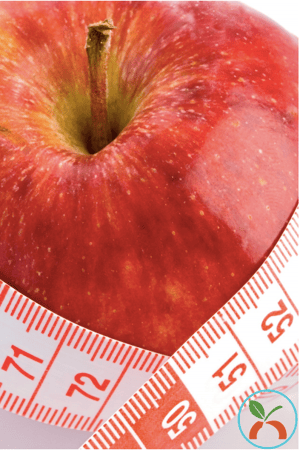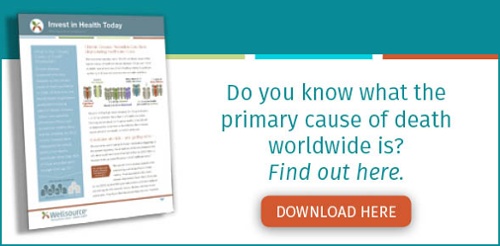If you were to ask a room of people what it meant to be healthy, you’d probably get all sorts of answers. Many would say it means you are not sick. Some would say things about the mental state, while others might focus on measurements like weight and cholesterol levels. 
When it comes to overall health, the answer is a little more complicated: the wellness of the whole person—physical, mental, emotional, and social health—enables them to resist disease and live a long life. But how can you tell if someone is healthy? For a quick measure of their health, you can use one of two measures: self-perceived health or body mass. Both of these metrics can be collected in a health risk assessment (HRA).
Self-Perceived Health
A person who is stressed out or experiencing low energy may believe that they are perfectly healthy and that their symptoms are just a normal response to life circumstances. Those combined symptoms could potentially point to that individual being at risk for developing a severe illness. Or, it could be that it really is just life at the moment. The telling question is “How would you rate your health?”
How someone perceives their health is a strong indicator of their overall health and wellness. It is also a strong predictor of how healthy they will be in the next 15 years—and of their risk of death. People who rate their health as “poor” are twice as likely to die earlier than people who say their health is very good or excellent.
While self-perceived health gives you a strong clue that someone’s health is at risk, you can get the full picture of the potential health risks with HRA questions that collect data on current habits that lead to disease, such as poor nutrition and a sedentary lifestyle.
Body Mass Index (BMI)
Interestingly, a recent study found that weight impacts a person’s self-perception of health. In the study, people who thought they were underweight or overweight rated their health as poorer compared to those who thought their weight was healthy. It makes sense. Body Mass Index (BMI) is used to help determine a person's current and future health.
Health measurements should be viewed as a part of the larger picture, and that is especially the case with BMI. It is an incredibly valuable tool, but it can also be tricky to work with. Since BMI measures the ratio of muscle to fat, individuals who have a lot of muscle mass are often labeled as overweight. Still, the large majority of healthcare professionals agree that BMI displays a clear association in terms of the measurement taken and the potential onset of health issues.
So, Which Is the Best?
Although BMI is an important measurement, self-perceived health takes the lead as the best overall measure. A person’s perception of health is influenced by psychological, social, and physiological factors whereas BMI is a measure of a single factor.
It’s important to track these two metrics. When HRA questions are asked on an annual basis, you can see trends in self-perceived health and BMI data. If you find that an individual's BMI is steadily increasing, you can provide resources for getting it back down to a healthy number before the onset of major risk factors. If someone’s perception of health is slipping, you can take a closer look at signs for psychological distress, for example.
Some Potential Resources to Consider to Help Encourage Wellness:
● Discounts or rebates for gym memberships or healthy cooking classes
● Information about classes on diet, exercise, and mindfulness
● A list of apps and websites that can be used to assist with tracking positive changes
● Check out this guide for more
If you’re ready to learn more about how HRAs can help you to move your population into a healthier future, take a look at this white paper.








